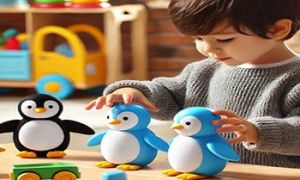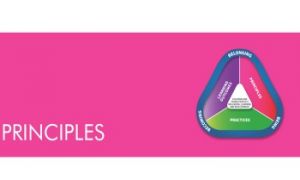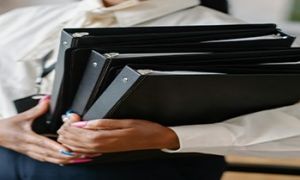School readiness" refers to a child's preparedness to succeed in a school environment. It's not just about academic skills like reading, writing, and math, but also encompasses the development of the whole child, including their social, emotional, physical, and cognitive skills. The following article provides information on Key Aspects Of School Readiness, How To Support School Readiness and more.
Key Aspects of School Readiness
-
Social Skills: Ability to get along with other children, demonstrate basic manners, and play both independently and with others.
-
Emotional Maturity: Managing emotions, coping with minimal adult contact in large groups, focusing on tasks, following directions, and understanding rules.
-
Language Skills: Talking and listening to adults and peers, speaking clearly, communicating needs, understanding stories, and beginning to identify some letters and sounds.
-
Cognitive Skills: Basic number sense, thinking skills, and the ability to wait and take turns.
-
Physical Health and Coordination: Basic health, fine motor skills (like gripping a pencil and turning pages), and physical coordination (running, jumping, climbing, and playing ball).
-
Independence: Managing personal needs without adult supervision, such as using the toilet, dressing, unwrapping lunch, and managing belongings.
How to Support School Readiness
-
Play Dates: Arrange play dates with other children to develop social skills.
-
Fine Motor Skills: Encourage drawing with different materials like pencils and crayons.
-
Self-Care Skills: Teach dressing, undressing, and using the toilet independently.
-
Communication: Have conversations with your child, ask questions, and encourage them to express their thoughts and feelings.
-
Reading: Read with your child regularly to develop early literacy skills and a love of reading.
-
Basic Math Skills: Involve your child in activities that require counting and measuring.
-
Games: Play simple board and card games to practice turn-taking, sharing, and coping with not winning
Every child develops at their own pace, so it's important to focus on their individual strengths and needs. If you have concerns about your child's development, consulting with their teacher or a healthcare professional can provide additional guidance.
Further Reading
Play School's Ready, Set, Big School
Writing Transition Statements In Childcare
School Colouring Pages
Development Of School Readiness Skills Posters
School Readiness Checklist
School Readiness Program
Supporting Children's Transition To School
Reference:
Is Your Child Ready For Big School, Learning Potential


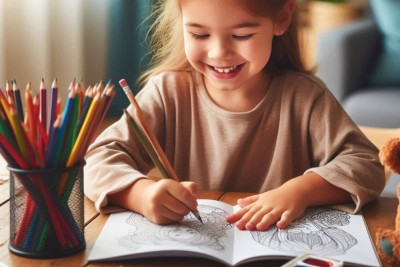


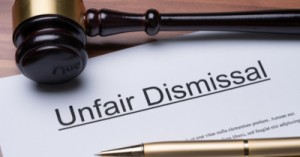
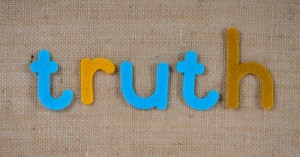
 As an Educator in Australia, your pay rate falls under the Children’s Services Award 2010. This award states the minimum amount that an employer can
As an Educator in Australia, your pay rate falls under the Children’s Services Award 2010. This award states the minimum amount that an employer can When working as a qualified Early Childhood Teacher (with a university degree) within a service, your rate of pay will come from the Educational Services
When working as a qualified Early Childhood Teacher (with a university degree) within a service, your rate of pay will come from the Educational Services When working as a Diploma Qualified Educator your pay rate is from the Children's Services Award 2010. This Award states your minimum rate of pay
When working as a Diploma Qualified Educator your pay rate is from the Children's Services Award 2010. This Award states your minimum rate of pay When working as a Cert 3 Qualified Educator, your pay rate is from the Children's Services Award 2010. This Award states your minimum rate of
When working as a Cert 3 Qualified Educator, your pay rate is from the Children's Services Award 2010. This Award states your minimum rate of Educational Leaders play a crucial role in their early childhood service by ensuring that the educational program aligns with best practices and supports the holistic
Educational Leaders play a crucial role in their early childhood service by ensuring that the educational program aligns with best practices and supports the holistic In early childhood education and care, ratios are more than a technicality—they are a frontline safeguard. Every child deserves responsive supervision, emotional connection, and developmental
In early childhood education and care, ratios are more than a technicality—they are a frontline safeguard. Every child deserves responsive supervision, emotional connection, and developmental With the new national child safety reforms kicking in on 1 September 2025, early childhood services like yours have a real opportunity to lead the
With the new national child safety reforms kicking in on 1 September 2025, early childhood services like yours have a real opportunity to lead the Here’s a comprehensive Mobile Phone and Smart Watch Policy tailored for early childhood education and care (ECEC) services in Australia, aligned with the latest 2025
Here’s a comprehensive Mobile Phone and Smart Watch Policy tailored for early childhood education and care (ECEC) services in Australia, aligned with the latest 2025 The Sea of Fish Challenge is a national initiative that invites children, educators, families, and communities to create and display fish artworks as a symbol
The Sea of Fish Challenge is a national initiative that invites children, educators, families, and communities to create and display fish artworks as a symbol Across the early childhood education and care sector, educators are sounding the alarm: current staffing ratios are insufficient to deliver safe, meaningful, and developmentally appropriate
Across the early childhood education and care sector, educators are sounding the alarm: current staffing ratios are insufficient to deliver safe, meaningful, and developmentally appropriate